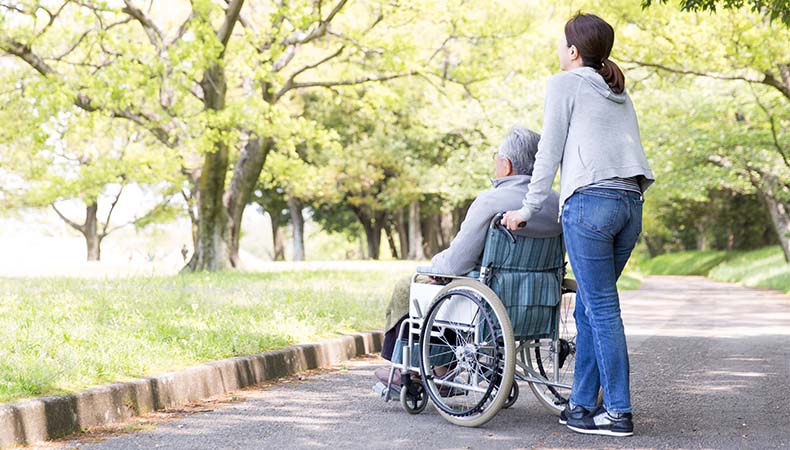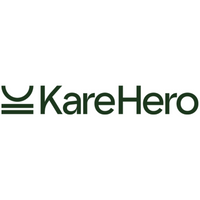10 truths every working carer knows – but you don't
Family caregiving is a journey marked by invisible milestones, private heartbreaks and moments of unexpected grace.
For HR leaders, understanding this lived reality is essential to building workplaces where carers can thrive.
Here, in the voices of carers and those who champion them, are 10 truths that illuminate the real heart of caregiving.
These truths are a call to action: to see, support, and celebrate the carers in your workforce – not just because it’s the right thing to do, but because their courage, empathy, and resilience are the very qualities every organisation needs.
Caregivers rarely get time to prepare for their new role
“You're bumbling along fine, you're focusing on your career, you've got your friends, everything’s going tickety boo,” explains Mike Brook, a voice specialist for BT. “And then, all of a sudden, something happens out of the blue. Suddenly your world is turned upside down.”
Unlike childcare, family caregiving is a story of decline
“When you’re caring for children, there's excitement because you see them growing,” says Scott Underwood, a health and safety consultant at Haskoning.
“But when you’re caring for your parents, there's sadness because you know that's the end of their life.”
There is no pause button
“You’re trying to do two sets of shopping, two lots of banking, dealing with double the amount of utilities and different services, as well as your own health,” says Scott.
“And that was a real struggle. I found it very difficult to look after myself as well.”
Caregivers often become sick themselves – you can’t pour from an empty cup
“One piece of advice I would give is to look after yourself,” says Mike.
“Whether it be that spa, or that massage, or that place you want to take yourself to, it’s really important that you do that. Because, ultimately, if you fall off the tracks, the loved one that you care for is going to be left stranded.”
Education and support for carers is not easy to find
“You only know what you know. And there is so much to learn about the care system, whether that’s financial or medical, the support you can get or where to go,” says Scott. “It’s very difficult in that respect.”
Carers will consider quitting their jobs if they don’t get the workplace support they need.
“People will feel they've got no choice but to throw in the towel and they don't want to do that,” says Mike.
“You'll lose the experience and knowledge of the people that, in many cases, have been with your organisation for the longest time, and they’re difficult to replace.
Caregiving feels lonely – but there are thousands of people on this journey
“You feel alone, when actually there are hundreds of people doing this role every day,” says Scott.
“I wish, when they become carers, more people realise that they’re not on their own. There are lots of people out there doing this role day in, day out. They’re not professional carers, they’re people at work, just like ourselves, who take this role on.”
Caregivers are resilient, driven people – not everyone can do it
“It’s been at times traumatic. It feels like you’re in a moment of crisis,” says Mike.
“But you find a resilience you didn’t know you had. You keep going, even when you think you can’t.”
Family caregivers are the unseen heroes among us
“Being a caregiver means giving selflessly, without expecting anything in return,” reflects one carer.
“You don’t do it for recognition. You do it because someone you love needs you, and you step up. That’s what makes it heroic, even if no one ever sees it.”
Family caregiving is powered by love – as well as necessity
“We were very close anyway,” adds Mike. “But you know, getting mum up, bathing her, cooking and feeding – it brings you closer together, there's no doubt about it.”
“Being a carer has been mentally and physically demanding – on myself, on my family, and on my work life,” adds Scott.
“But it’s also shown me a depth of love and commitment I didn’t know I had.”
Supplied by REBA Associate Member, KareHero
The #1 adult caregiving support service. Helping employees understand, find and fund their care journey.








